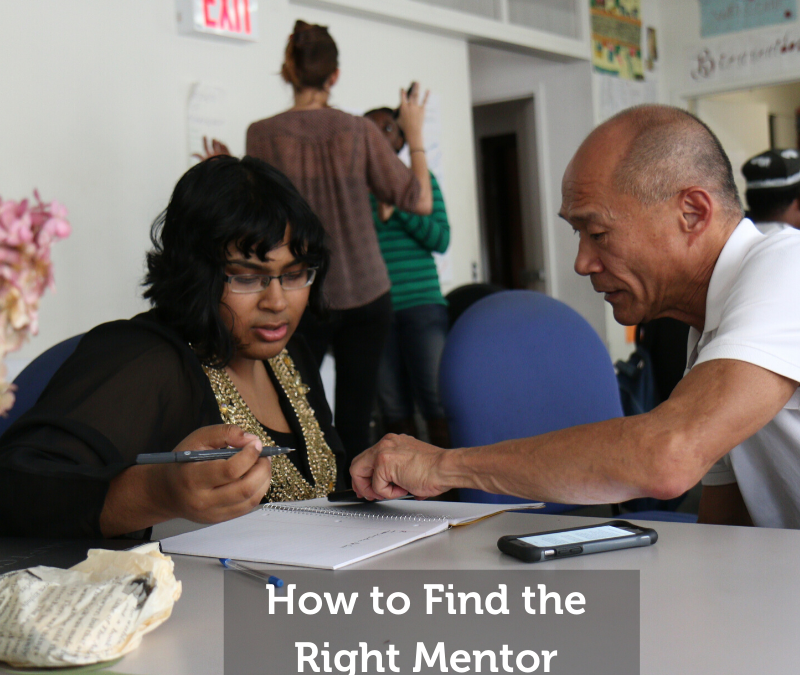
Looking for a mentor?
There are many reasons why having a mentor is a great idea and it’s even more important when you work for yourself especially if you feel isolated because you work from home or on your own. Now, I imagine that if you haven’t had a mentor before, you may wonder how to find the right mentor for you.
Who is the right person to be a mentor?
What criteria is important to the role of mentor? When you think about what a mentor can do for you, there are some questions you should consider before you make the big ask.
But…before we dive into these questions, maybe you’re not so sure about the value of mentorship. If that’s the case, let’s explore a few reasons who mentorship is a important component to professional growth.
Benefits of Mentoring
Mentorloop research reveals that 71% of Fortune 500 companies have established mentorship program and 75% of Millennials believe mentorship critical to their success. In addition, the same percentage of executives credit their mentors with helping them reach their current positions.
What’s in it for Employers?
If you’re an employer considering the value of mentorship, studies show that retention rates were much higher for mentees at 72% and mentors at 69% than for employees who didn’t participate in mentoring programs at 49%.
Having a Mentor
It allows you to connect people and improve knowledge transfer. Additionally, you also gain a greater sense of connectedness and for employers, mentorship relationships help to empower their workforce through feedback and experiences. Mentorship also fosters a better culture.
Where might I find a mentor?
There are many places to find a mentor including:
- Your place of work
- Where you volunteer
- Through connections at your local Chamber of Commerce
- Online resources and influencers
- Networking events. Now about networking…If the idea of idea of attending a networking event makes you cringe, read: 7 Tips To Improve Your Confidence Networking.
Confirm the answers to these 5 questions BEFORE you lock down your mentor:
- Do their values align with yours?
- Are they able to communicate in a way you can easily understand?
- Are they willing and available to mentor you?
- Are you clear about the expectations you have for the mentorship relationship? Know what you need from each meeting and how you can best be encouraged and supported.
- It there a personality fit? Matching pace and style is important. If you’re an introvert and the mentor is an extravert, it may create come challenges in style and fit.
It doesn’t need to be a long-term commitment
It doesn’t have to be long-term commitment. You can have a mentorship arrangement as brief as a meeting or two. If things shift or don’t work out the way you expected, be prepared for transparency. Also, be clear about creating an opportunity for both of you to move one. Remember, no matter how long your mentoring relationship lasts, you can learn and benefit from the experience.
It’s never too soon to be a mentor
If someone approaches you and asks for your advise and insight, consider their request because everyone can learn from someone else’s experience or perspective.
Make mentorship part of your professional development toolbox
A mentor can help foster powerful connections and expand your network. You can be a mentor for someone else and help them learn from you in powerful ways.
Additional Resources
Interested in learning more about mentorship? There are several books on the topic including: The Art of Mentorship, Mentoring 101, HRB Guide to Getting the Mentoring You Need.



